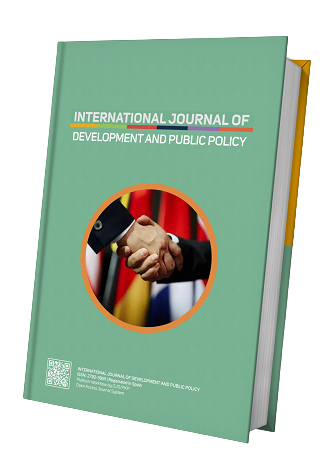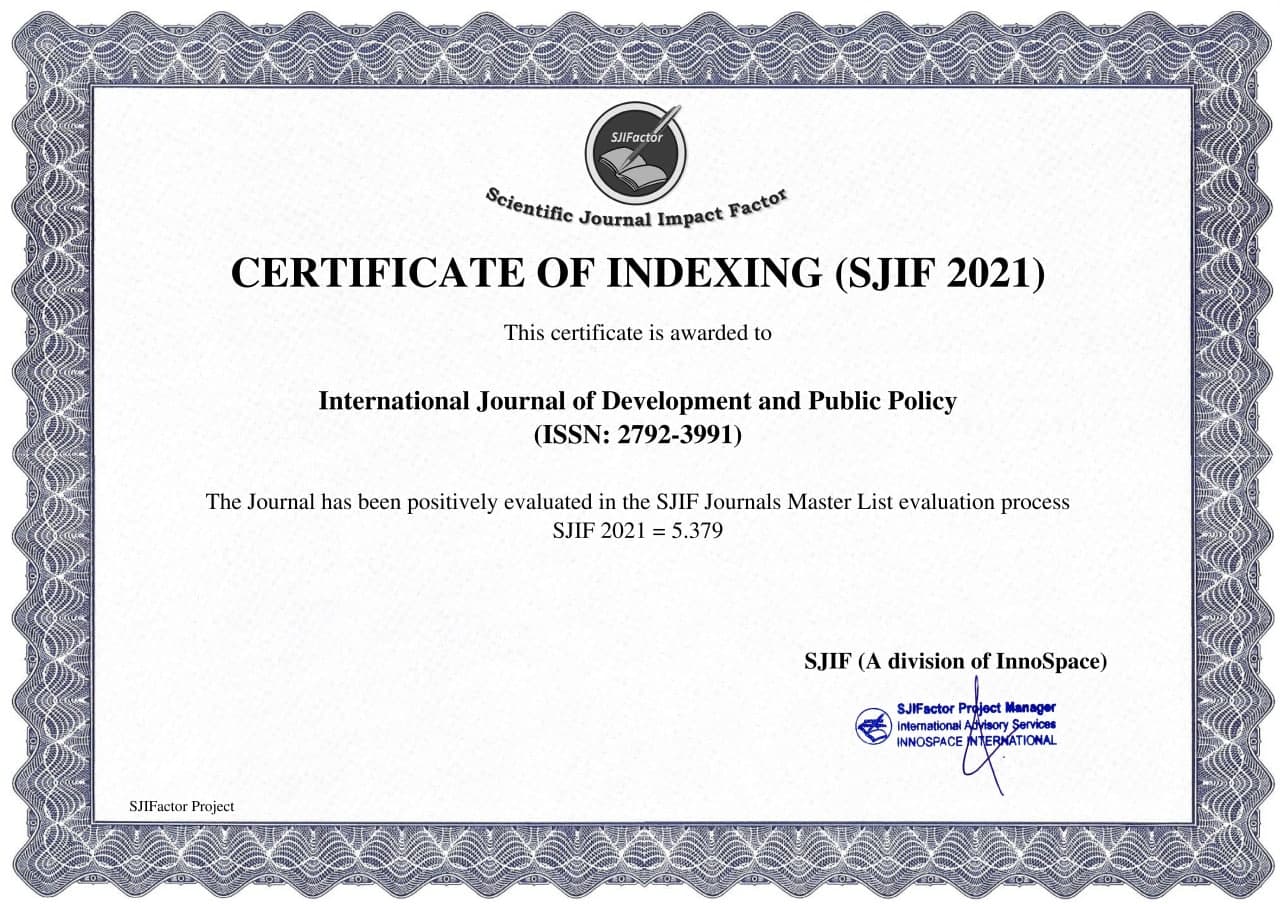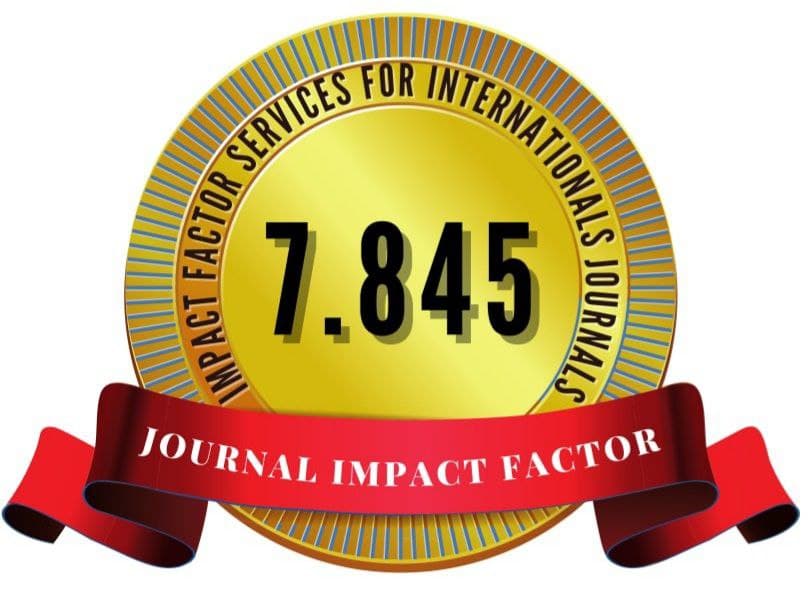EDUCATION FINANCING IN NIGERIA: PROBLEMS AND THE WAY FORWARD
Abstract
This research discusses the challenges facing educational financing in Nigeria. Secondary data were used to support the points raised in the paper. The secondary data were sourced from the internet and print resources. Content analysis was adopted to analyze the resources collected in the research. The research concludes that Nigerian government is not implementing the UNESCO 26% annual budget for education and the factors that determine educational financing in Nigeria include; growth of national economy, world market condition, nature of sources of revenue and Nation's Policy on Education. The problems affecting educational financing in Nigeria include; Short fall in national revenue, compete from other sector, corruption, insecurity, natural disaster and lack of political will to implement UNESCO recommendation on education and the effects of underfunding education in Nigeria include inadequate infrastructural facilities, inadequate professional teachers, shortage of instructional materials, poor quality of education, poor capacity development, poor supervision and strike actions. The paper, among other things, recommended that the government should implement the funding policy on education as stated in the National Policy on Education, that 26% of the national budget should be given to education, etc.






